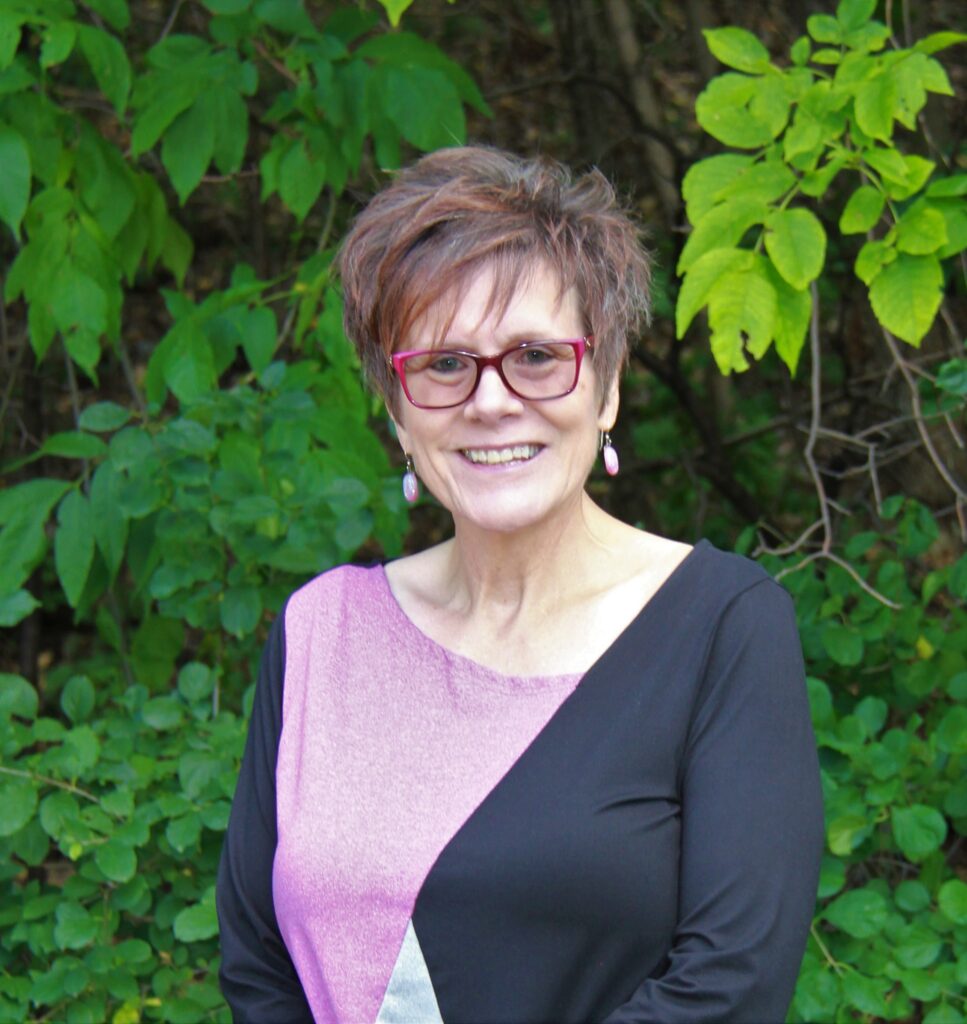Ageism- The Persistent "ism"

By CEO Deb Taylor- Link to article in MinnPost
Negative Comments
“Ageism is a type of discrimination that can present in all different ways, both overt and subtle,” said the study’s first author Dr. Julie Ober Allen, PhD, an assistant professor in the Department of Health and Exercise Science at the University of Oklahoma, Norman. “Everyday ageism is rooted in stereotypes and very narrow beliefs about aging that rip people’s individuality away and treat them like a monolithic stereotype of older adults.”
In another study, researchers at Yale University were disturbed when they compiled negative comments about older adults that were posted by young people on Facebook. Here are a few examples from the Yale study: “Old people are a pain in the (expletive).” “They are a burden on society.” “They are senile, they complain about everything, they couldn’t hear a dump truck…”
Not Just Words
These negative stereotypes are quite literally hurting us. Dr. Ober Allen and her colleagues believe experiencing instances of everyday ageism triggers a stress response in the body that may contribute to accelerated aging.
“What we believe is that when you are exposed to chronic sources of stress, for which we propose, everyday ageism may be an example of a chronic source of stress, it starts to really put a lot of wear and tear on the physiologic stress response system,” she said.
In addition, the study also found 80% of participants believed “having health problems is a part of getting older.” When this belief is reinforced by the bombardment of ageist media messaging around us, it can be internalized to the point that many older adults may not seek treatment for health-related issues.
Change the View
We need to work harder to engender more positive views of older adults. Visit almost any senior care campus and you’ll find many employees who are immigrants to the United States. These individuals often have a greater reverence for elders as part of their culture; where older adults are honored as sagely and cherished cornerstones of their families.
How can we reshape our view of our friends and neighbors who are now in the autumn of life? Age stereotypes are typically internalized as early as age four and reinforced over children’s lifetimes. Let’s begin by being better examples for our children and grandchildren – they listen to us and model what they hear.
Battle Ageism Instead of Age
Challenge the idea that aging is synonymous with decline. Remove the judgment and recognize aging for what it is; a continuous process of human development stretched over the course of a lifetime. And it’s one of the only experiences every single one of us has in common.
And when aging does begin to take a toll, rather than falling prey to feelings of irritation or impatience toward older adults, let’s respond with our better nature and do as they did when we were children. They patiently answered our questions, held our hand, showed us new things, and walked with us on the journey.
Let’s Reimagine Aging so every person is valued. We’ll all be better for it.

About the Author:
Deb Taylor is the CEO of Senior Community Services, a local nonprofit with a mission to innovate and deliver services that meet the changing needs of older adults and their caregivers in our community, keeping them healthy, connected, and thriving.



